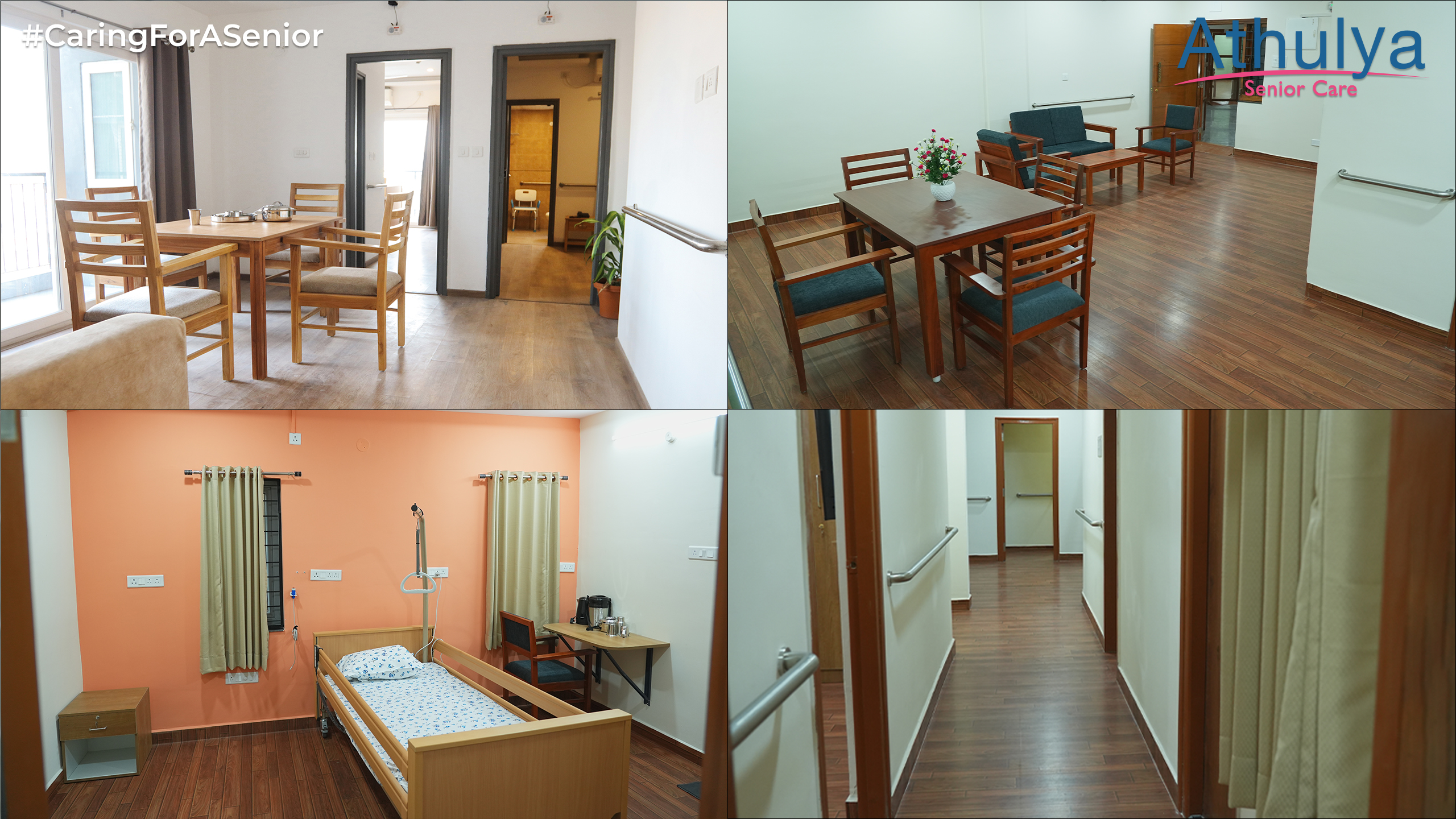Frontotemporal Dementia: Spotting the Early Signs

Frontotemporal Dementia (FTD) is not just a condition affecting memory—it impacts behavior, language, and personality. Often mistaken for other issues, FTD primarily affects the frontal and temporal lobes of the brain, which control emotions, communication, and judgment. Knowing the early signs can make all the difference in timely care. The Subtle Signs You Shouldn’t Ignore 1. Behavioral Changes: Does your loved one seem unusually impulsive, disinterested in daily activities, or socially inappropriate? These shifts in behavior might be subtle but are often early indicators of FTD. 2. Language Difficulties: Struggling to find the right words, mixing sentences, or even losing the ability to understand speech are red flags. 3. Emotional Detachment: Emotions may seem muted. They might not respond to happy or sad events as they once did. 4. Loss of Decision-Making Skills: Poor judgment, repetitive actions, or difficulty planning everyday tasks can hint at underlying cogni...











